Post-Abe: Japan's first-rate society will be ballast for stable China-Japan relations
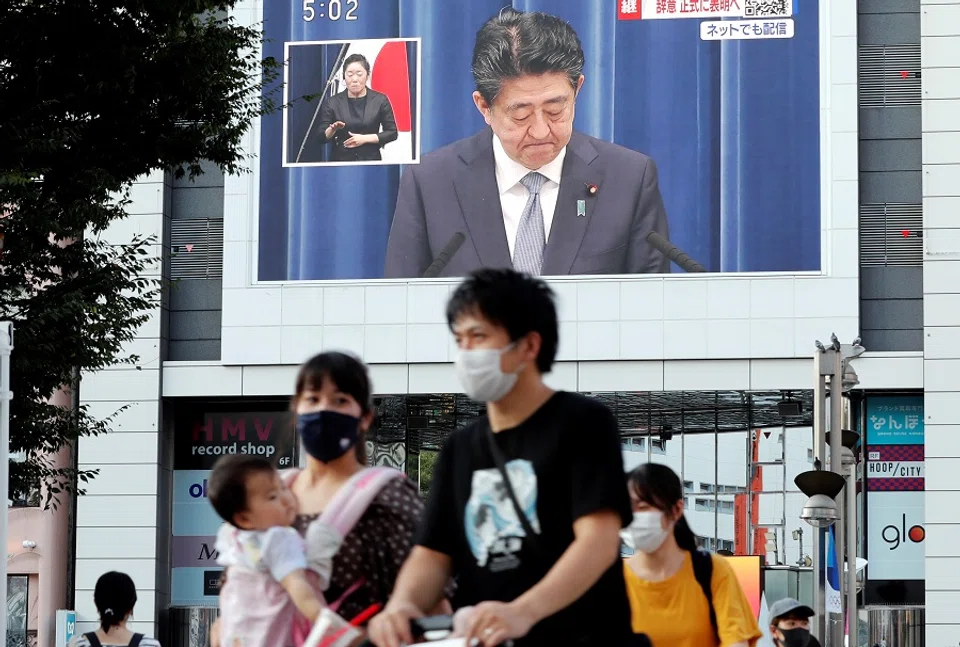
While rumours about Japan Prime Minister Shinzo Abe's health condition have been swirling around for a while now, his resignation on 28 August, with one year to go before his term expires in September 2021, is still a shock. Concerns have been raised over possible power struggles and political chaos after Abe's departure. There are also fears that the end of a long regime under Abe (2012-2020) might impact domestic and foreign investor confidence in Japan and trigger unwanted economic changes.
In terms of diplomatic relations, as Abe was able to bring China-Japan relations back on an even keel while he was in office, concerns are just the opposite. No doubt, Abe's sudden resignation has brought about uncertainties to Japan's domestic politics and diplomatic relations, including its China policy. But from a strategic perspective, there is a need to identify the passing changes and the things that will not change in the medium to long term. Then only can we stay objective and not be ruffled by transitory events.
His most significant achievement was to bring about domestic political stability, which in turn, fostered predictability in areas such as diplomacy and economy.
Three uncertainties post-Abe
On 24 August, Abe became the longest-serving prime minister in terms of consecutive days served in office, surpassing all of his predecessors. He did many things that previous prime ministers wanted to do but failed to do. His most significant achievement was to bring about domestic political stability, which in turn, fostered predictability in areas such as diplomacy and economy.
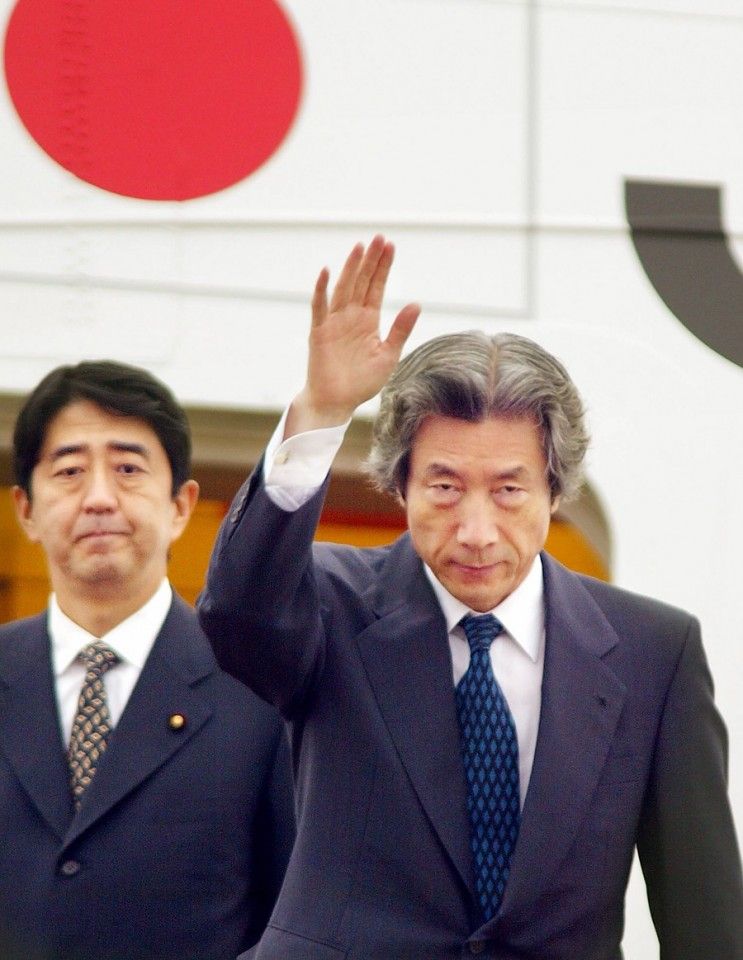
In 2006, Japanese politics after Junichiro Koizumi stepped down went through a tumultuous period that saw a change in prime minister almost every year. Since Abe was re-elected as prime minister in 2012 (after his first stint in 2006-2007), he has led his party in winning three House of Representatives elections and two House of Councillors elections.
Abe told reporters after winning the House of Representatives election in October 2017 that it was the first time in the Liberal Democratic Party (LDP)'s 60-year history for three consecutive victories in the elections to be won under the same party president. At the same time, Japan's opposition parties continue to be largely fragmented. The Constitutional Democratic Party of Japan (CDP), the largest opposition party (soon to be merged with the Democratic Party of the People (DPP)), only managed to win a support rate of approximately 10% back then. Be it in terms of ideals or policies, the CDP has not been able to offer an attractive counter proposal that could compete with that of the LDP's. Other opposition parties generally lack cohesion as well.
It can be said that Abe's over seven consecutive years in office during his second reign as prime minister ended the torturous "drifting period" in Japanese domestic politics. In terms of high-level politics within the LDP, Abe did not have any strong competitor, which greatly inhibited Japan's traditional factional politics from affecting the decision-making process and the appointment and removal of officials.
Following Abe's sudden resignation, not only might factional politics return, there could also be chaos as a result of short-term regime changes. Historically speaking, after the end of long reigns such as by the Noboru Takeshita and Koizumi Cabinets, a period of short-term regimes followed. If this is so, Japan's domestic politics would be like other Western countries and potentially lean towards populism as well. This is where change could occur.
...Abe twice implemented consumption tax hikes... thought impossible for any prime minister to accomplish, and contributed to Japan's long-term financial health.
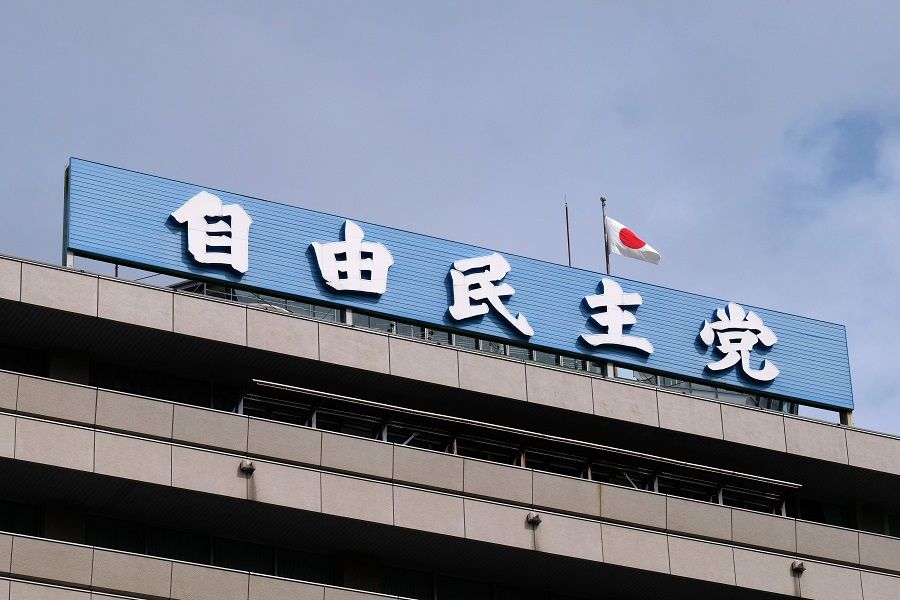
Second, political stability has brought about economic recovery, in particular, increased internal and external confidence in the stability of the Japanese economy. The Nikkei stock average has returned to the 20,000 mark, and both employment rates and consumption taxes have increased. Additionally, Abe twice implemented consumption tax hikes at the expense of offending the voters. He successfully overcame this huge hurdle, thought impossible for any prime minister to accomplish, and contributed to Japan's long-term financial health. Without a long-term regime, these things could not have been achieved.
After Abe's resignation announcement on 28 August, the Nikkei stock average was down 614 from the previous day. This dip speaks of the market's erstwhile trust in Abe's long-term regime and its political stability. In other words, it is an affirmation of "Abenomics", despite many doubters in the past. At the same time, the market is also reflecting concerns about the uncertainty of Japan's economic policies in the post-Abe era.
Compared to the Western countries, and among the leaders of the developed countries, Abe has built the best relationship with the Trump administration.
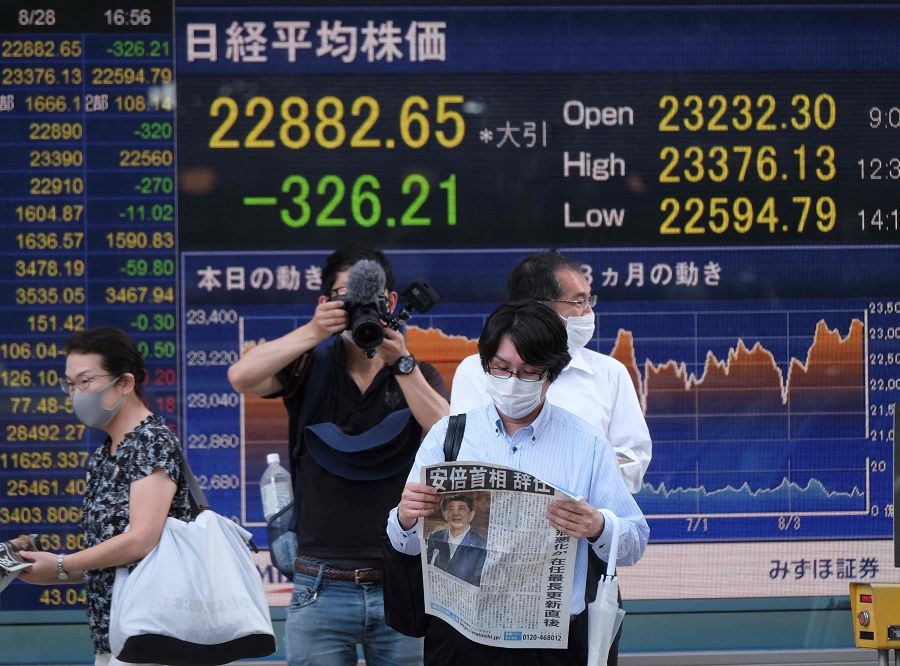
Third, political stability has also allowed Japan to consider international relations and foreign policies from a strategic and long-term perspective. For instance, Abe reinforced Japan's alliance with the US to ensure that it would not be impacted by the power transition from Barack Obama to Donald Trump. Compared to the Western countries, and among the leaders of the developed countries, Abe has built the best relationship with the Trump administration. At the same time, Abe also put China-Japan relations back on an even keel. Both sides have agreed on working towards President Xi Jinping's state visit to Japan and reaching a "strategic consensus" to develop "China-Japan relations in the new era".
Additionally, Japan has also made its presence felt among the G7 and G20 countries and in Japan-Russia relations. In economic diplomacy, the Abe administration spearheaded negotiations to conclude the Comprehensive and Progressive Agreement for Trans-Pacific Partnership (CPTPP) after the US left the talks for the Trans-Pacific Partnership (TPP), committing to maintain global free trade mechanisms and multilateral mechanisms.
Looking at the past decade, even with three major periods of political instability or lack of sufficient leadership, Japanese society has shown extraordinary resilience to make Japan one of the most stable countries in the developed world.
Following Abe's resignation, various international leaders have given praise to Abe. For example, Singapore Prime Minister Lee Hsien Loong praised him for his "critical role" in driving the CPTPP, while Russian President Vladimir Putin described working relations with Abe as "brilliant". Would Japan's foreign relations beat a retreat after Abe resigns, and would it be less committed to multilateralism and free trade? These are where uncertainties lie.
Japan's greatest constant is social stability
The three changes or uncertainties above are possibilities, but we also have to see that Japan's biggest constant is that its social stability and discipline is a steadying factor. Looking at the past decade, even with three major periods of political instability or lack of sufficient leadership, Japanese society has shown extraordinary resilience to make Japan one of the most stable countries in the developed world.
First, during the 2008 global financial crisis, the Japanese economy was hit, and Japan faced a political transition where the LDP lost in the election and the DPJ took office. But Japan did not go through domestic political populism or anti-globalism as seen in the US and Europe; social and economic order remained stable overall. Surveys showed that despite economic difficulties, the people were still highly supportive of the free trade system and multilateralism.
Japan is a first-rate society with third-rate politics.
The second big test was the triple whammy of March 2011: the major Tōhoku earthquake, tsunami, and nuclear reactor leak. Given the DPJ government's weakened leadership abilities then, we saw the unforgettable discipline and stability of Japanese society in disaster recovery and reconstruction. It would be hard to imagine that any other country would be able to do the same if presented with such political uncertainty and major disasters.
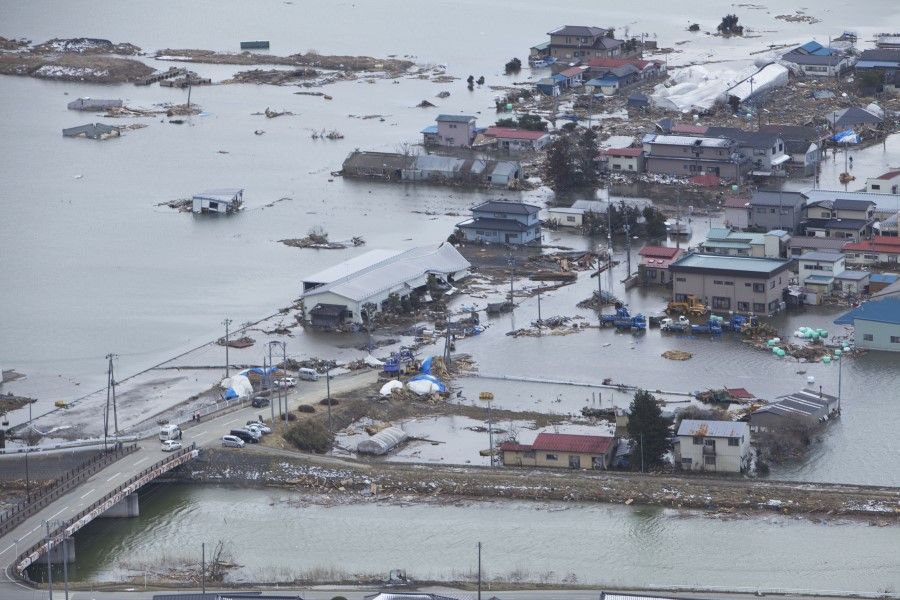
These first two instances occurred amid high political uncertainty, and there was no populism or protectionism or chaos in Japan, showing very strong community resilience. Japan is a first-rate society with third-rate politics.
The third major test was the coronavirus. While the government's leadership was much improved from before, there were still complaints about testing and masks. However, Japan managed to control the spread of the virus and the death rate even without a lockdown, while keeping in mind personal data protection, which is an especially sensitive issue among the people. This is quite a miracle, which would not have happened without strong social discipline and stability.
If politicians try to make China-Japan relations a central election issue, people would be put on high alert about Japan abandoning post-war democracy and pacifism.
Looking at this greatest constant of Japanese society, the characteristically strong Japanese society means that it is unlikely that Japan's politics will return to the former factional or closed-door politics in the post-Abe era, because this would not be in line with mainstream sentiment. Political transparency is a very important social expectation, and going against trends would mean that the new prime minister would have no community base.
Japan's elites and general population have seen the dangers of political populism in other developed countries. Even if there is little good feeling towards China among the people, if politicians try to make China-Japan relations a central election issue, people would be put on high alert about Japan abandoning post-war democracy and pacifism. This inherent ability of Japanese society to shape political direction is the biggest self-check there is.
From late 2012 to 2020, the political and social interaction during Abe's term shows that society generally welcomes a politically strong prime minister to stabilise Japan's politics. This is the basic consensus after careful consideration, following the negative impact on the economy, diplomacy, and society resulting from messy politics in the past. Surveys have shown that the most common reason for supporting Abe's cabinet - apart from having no other parties worth supporting - is that Abe has leadership ability.
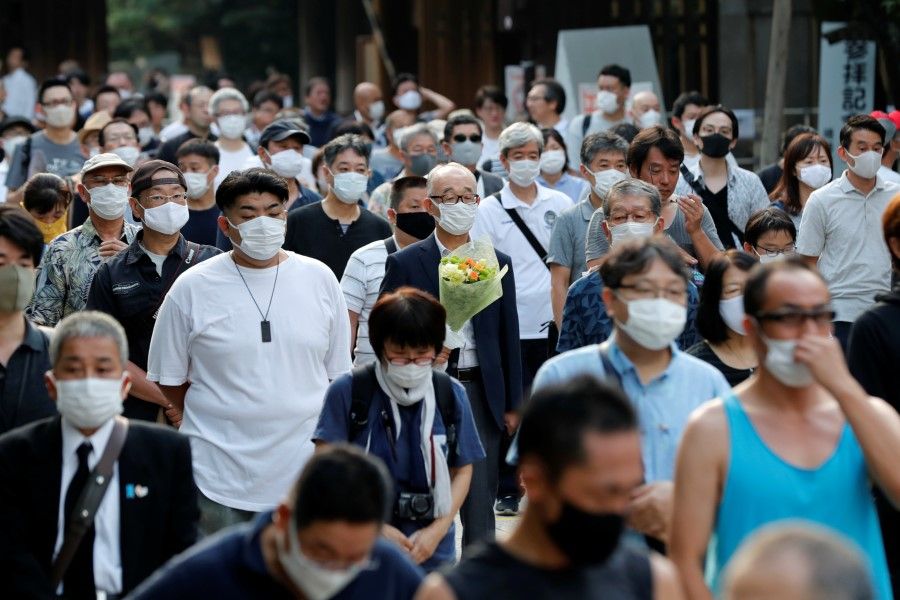
In terms of the hope for Japan to play a greater international role, and of redefining Japan's national identity, there is no gap between the people and political elites; it is just that there is no consensus about how, and how fast, to do it.
On another note, Japan has deep-rooted ideas of what the prime minister should be like. While the Japanese have expectations about leadership ability, they are also wary about abuse of power. The people are worried that if Abe's LDP gets too strong, it might shift focus from the economy to ideological issues such as changing the constitution and awareness of history. Abe's mention at his press conference of his inability to rewrite the pacifist constitution is evidence of this.
Social relations between China and Japan needs to be strengthened
The Japanese are not totally against changing the constitution, but are careful about major changes to core issues directly relating to Japan's post-war national identity. This is also the fundamental reason why Abe did not manage to change the constitution, despite having a two-thirds ruling majority in the National Diet.
Currently, nearly 10 million Chinese tourists visit Japan annually. How to increase the number of Japanese tourists to China is a question to consider.
In this sense, Abe's resignation may bring about changes to politics and diplomacy, but we also have to see the stabilising power of Japan's social stability as its greatest constant. The mid- to long-term stability and growth of China-Japan relations calls for real thought and strengthening of social relations between both sides. For China, developing its soft power towards Japan and building sustained friendship between both societies is crucial.
Currently, nearly 10 million Chinese tourists visit Japan annually. How to increase the number of Japanese tourists to China is a question to consider. Real provincial- and city-level cooperation between China and Japan is important - building a resilient and friendly network at the local level, and creating broader and deeper China-Japan ties would lay a firm social foundation for long-term friendly, stable, coordinated, and strategic cooperative China-Japan ties.
